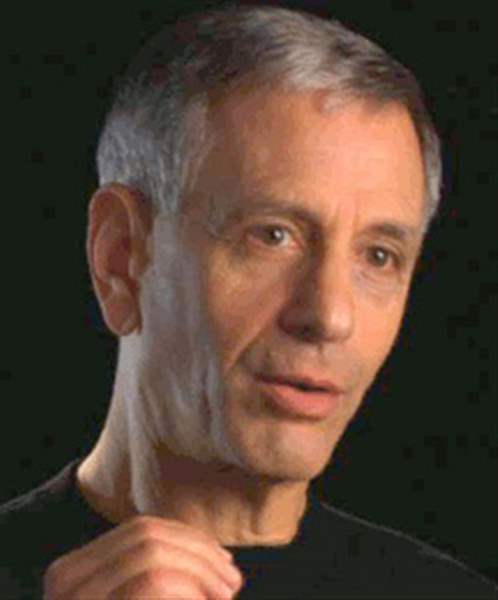
Pax Christi probes path to Mideast peace
10/16/2010
Braverman
NOT BLADE PHOTO

Braverman
In 2006, Mr. Braverman visited the Holy Land and said he was shocked at Israeli bulldozers plowing over olive groves to make way for a 30-foot-tall security wall. Those same bulldozers, he learned, also demolished Palestinians' homes, mostly for failure to obtain building permits but also for security reasons.
The more bulldozing he witnessed, the deeper his sense of "horror, sadness, and concern," he said.
Since that trip to Israel, Mr. Braverman, 62, has stepped back from his career as a clinical psychologist specializing in crisis management to work virtually full time in pursuit of peace between Israelis and Palestinians.
He will give the keynote speech at a conference Oct. 23 in Tiffin titled "Israel/Palestine: Pathways to Peace," sponsored by Tiffin Area Pax Christi. Scheduled speakers include Dr. S. Amjad Hussain, Sister Paulette Schroeder, and Linda Mansour.
Mr. Braverman said in an interview this week that when he returned to the United States four years ago, his fellow American Jews did not want to hear his criticism of the Israeli government. He was called "disloyal" or warned that he was becoming "an enemy of the Jewish people."
Such responses were puzzling, he said. Criticizing government policies does not mean a person is an opponent of that country, he said.
"I'm not anti-Israel. I believe I'm very pro-Israel. I want Israel and the Israeli people to thrive and flourish," he said.
But, he said, he believes Israel is mistreating Palestinians.
Rabbi Barry Leff, the rabbi of Congregation B'nai Israel in Sylvania before moving with his family to Jerusalem in 2007, agreed that criticism of Israeli policies can be misconstrued.
"It is easier to criticize if you live in Israel: Many Israelis, and some American Jews, see that living in Israel demonstrates your commitment to the Jewish state," he said by e-mail. "There are those who feel any criticism of Israel is anti-Semitic or anti-Israel. … I think it is important to distinguish between legitimate criticism of Israel's policies, particularly concerning Palestinians, and anti-Semitic remarks."
Mr. Braverman believes one reason that Israeli-Palestinian peace talks have not been successful is that the two sides are not on equal footing. It is a "common misperception" that Israel is an underdog when it "holds all the cards," he said.
But Rabbi Leff said the Palestinians "are equally responsible. … The Palestinians have far more international support than Israel does. They receive billions of dollars in aid from the U.S. and the European Union. Votes in the U.N. overwhelmingly support the Palestinians, not Israel."
Mr. Braverman said seeing the conflict firsthand changed his views of the Palestinians. "I was brought up to believe that the Palestinian people were my enemies and they hate me. But I met with the Palestinian people and learned that they are not my enemies and they do not hate me," he said.
He thinks U.S. religious groups can help bring about Middle East peace, saying they can urge elected officials to revise U.S. policies toward Israel.
"We have to look at a grass-roots movement to start to push the politics," he said. "That's what brought about the end of apartheid in South Africa, and closer to home, the civil rights laws in the United States, and an end to institutionalized discrimination against black people here in America."
"Israel/Palestine: Pathways to Peace," will be held from 9 a.m. to 4:30 p.m. Oct. 23 at the Elizabeth Schaefer Auditorium, 190 St. Francis Ave., Tiffin, Ohio. Registration, which costs $25, or $15 for students, starts at 8 a.m. Information: 419-306-0658 or www.tiffinpaxchristi.org.
Contact David Yonke at:
dyonke@theblade.com
or 419-724-6154.